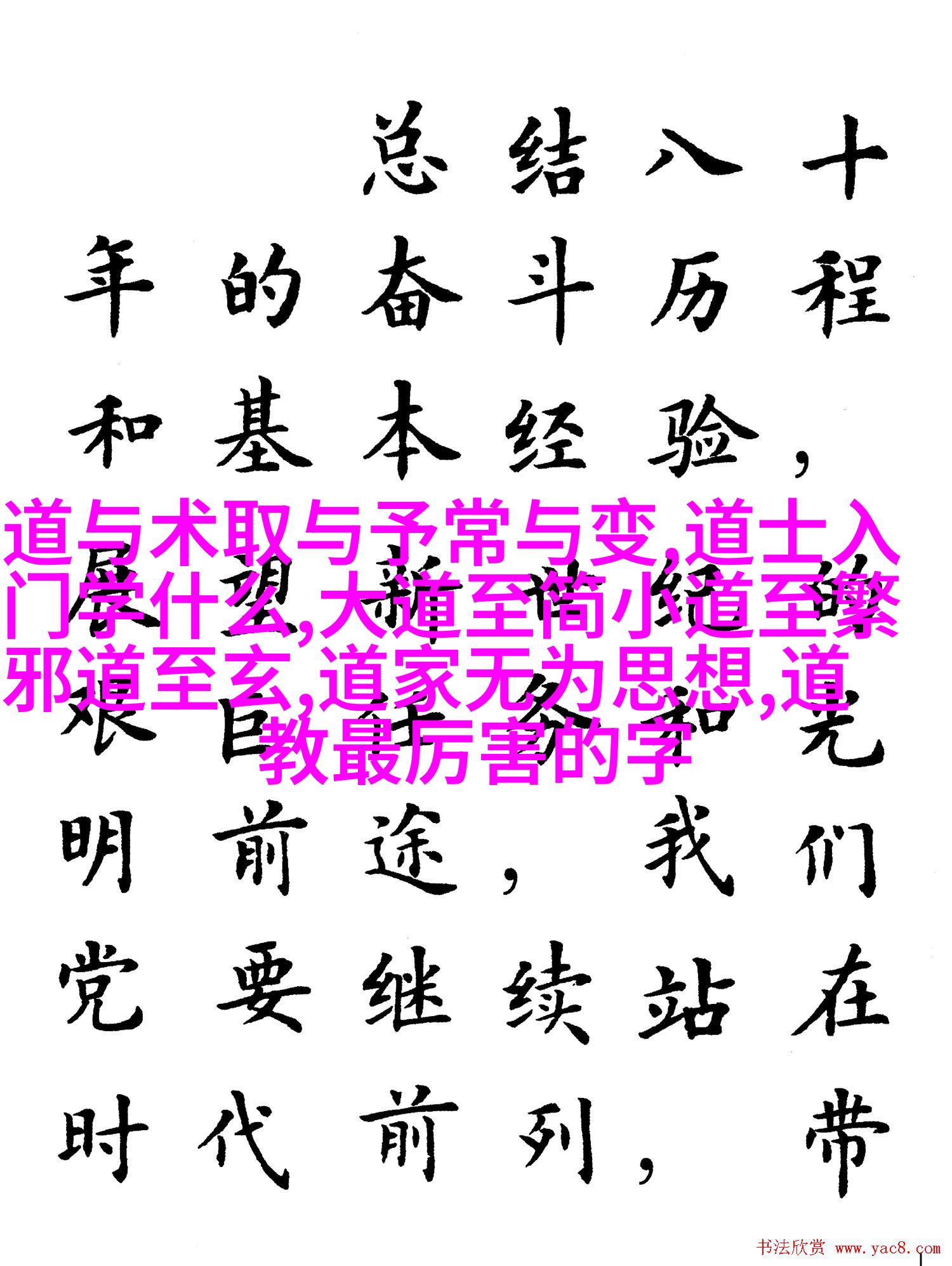一、道家的哲学思想与宋代文化的融合

在宋代,道家思想不仅深刻影响了文学艺术,更是推动了社会文化的发展。道家的哲学认为天地万物皆有其固有的本性,不必强求人为改变,而宋代以其开放和包容的精神,将这种理念应用于政治、经济和文化等各个领域。因此,在这一时期,出现了一批具有代表性的道家思想者,他们通过书写诗文和著作,将道家的精髓传递给后世。
二、张载:心学之祖,开启宋明理学新篇章

张载(1010—1073年),字茂卿,是北宋时期著名的哲学家。他对孟子“民本”思想进行了深入阐发,并将其与儒释道三教相结合。他的主要作品《正蒙》系统地阐述了心性论,他认为人的本质即心,是宇宙万物的一部分,与自然界相通。这一理论对后来的程朱理学产生了重要影响,为宋明理学奠定了基础。
三、邵雍:易经研究与天人合一

邵雍(767-800年),字子房,是唐末五代时期的一个著名士大夫。他以擅长易经而闻名,被称为“易王”。他主张用易经作为了解宇宙变化规律的手段,并将此融入到政治实践中,以此来调节国家治国。他提出了“四象八卦”的观点,即将时间分为四象,每象又可分为两个季节,这种观点在当时被视为解读天文现象的重要方法。
四、李贽:超然派宗师,倡导无为而治

李贽(1209—1295年),字伯闲,是元朝初年的重要哲學家,以超然派著称。在他的看法中,无为乃至善之极致,无所作为才能真正达到内心自由与清净。他的主张虽然反映出一种消极态度,但也体现了一种对于个人修养及社会秩序更高层次追求。他强调君子的行为应基于德行,而非外在成就或功利主义目标。
五、罗ritzemont:转化自然力中的智慧探索者

罗ritzemont并非真实存在的人物,我这里意指的是一个虚构的人物,用以说明某些特定的概念。在这个设想下,我们可以看到一个生活在宋代的人类形象,他拥有着先进知识,对自然力的转化有着独到的见解。在这个角色下,我们可以展开一些关于如何理解自然科学与人类世界之间关系的问题,以及这些关系如何影响人们对于自身位置的地球上的思考方式。
六、小结:
总结来说,Song Dynasty (960-1279) is a time of great cultural and intellectual flourishing in China. The philosophical ideas of the Daoist school were particularly influential, shaping the way people thought about politics, economics, literature and art. Key figures such as Zhang Zai, Shao Yong, Li Zhi and others played important roles in developing these ideas and applying them to real-world problems. Their works continue to be studied today for their insights into human nature and our place in the world.
In this article we have explored some of the key concepts that emerged from Song Dynasty Daoism. We have seen how thinkers like Zhang Zai used his heart-based philosophy to develop new approaches to governance while Shao Yong applied his understanding of change through Yi Jing hexagrams to political decision-making. Li Zhi's rejection of external authority led him towards an inner search for wisdom that resonates with modern-day seekers after truth.
Finally, let us imagine what it would mean if one could travel back in time to meet these thinkers face-to-face or read their words directly from ancient scrolls rather than filtered through centuries later translators' interpretations - perhaps there lies a hidden treasure waiting for those who seek it out: timeless wisdom that can guide us now as much as ever before on our own paths towards enlightenment.


